Pestology
Knowledge of the special features of pests
Knowledge of the special features of pests
In our pest encyclopedia, you will teach you important facts about the occurrence, lifestyle, behavior, dangers and control of the most common pests. It is important to know the special features of pests so that pest control measures can be carried out in a targeted manner. You will also find information about beneficial and nuisance pests. Just give us a call if you have any questions.
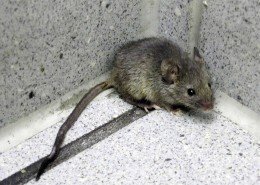
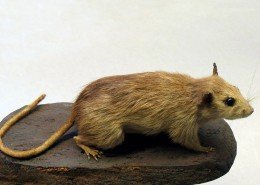
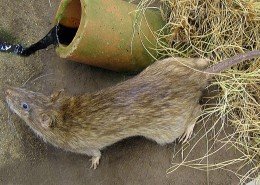
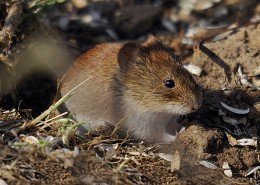
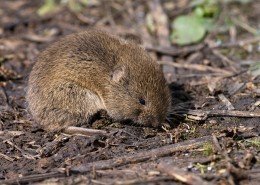
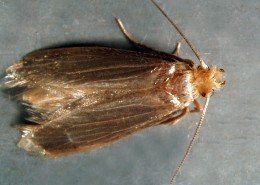
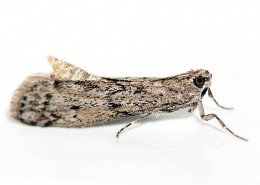
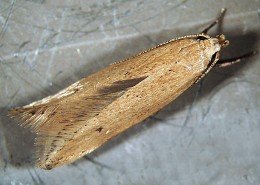
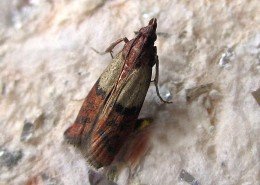
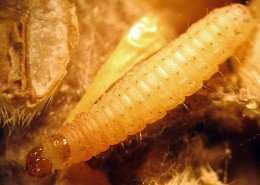
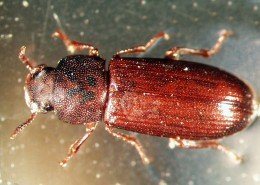
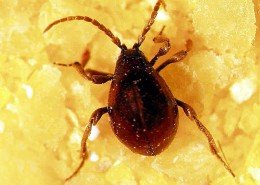
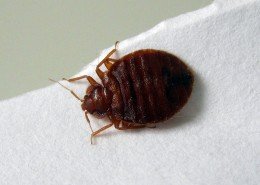
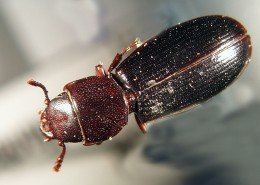
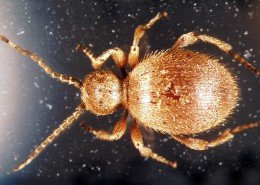
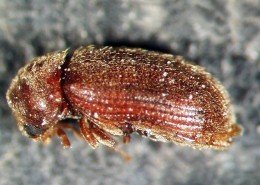
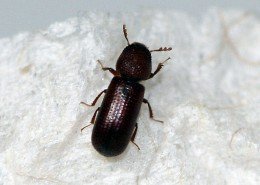
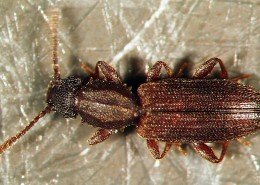
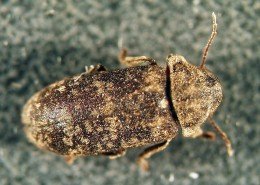
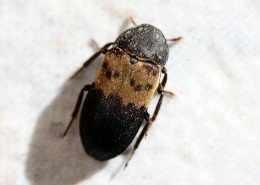
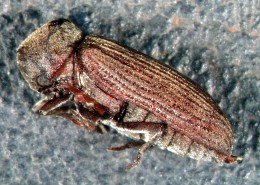
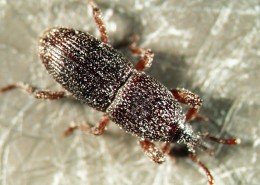
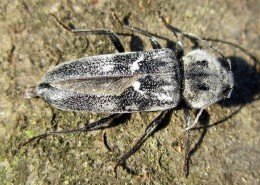
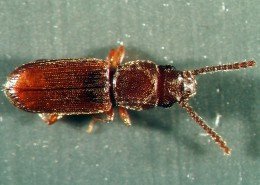
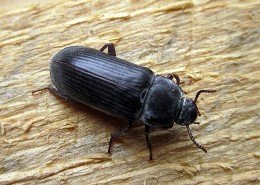
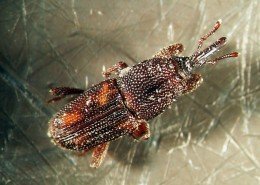
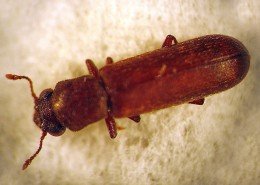
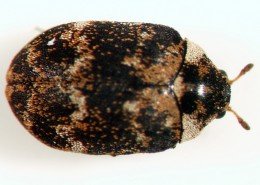

Cockroaches, also commonly known as cockroaches, are omnivores that live in cracks, crevices, pipes and air ducts during the day. They eat everything of organic origin, from food and moist tissue to leather. They like warmth and moisture and often appear in groups, in which they orient themselves with the help of scents. They prefer to infest locations and rooms in which there are always large accumulations of food residues, e.g. kitchens, bakeries, food storage areas, etc. Cockroaches can transmit various infectious diseases that could lead to hospitalisation, including anthrax, tuberculosis, salmonella, fungal diseases and many more. Cockroaches can be introduced via the transportation of goods on all routes, as well as via personal luggage. Apart from this, cockroaches are highly resistant and occur all year round. There are no direct breeding sites, as the female carries the egg packages (oothecae) around with her and only drops them shortly before they hatch. Four species have become established here:
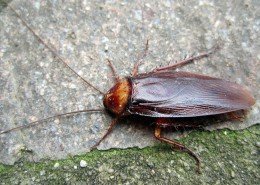
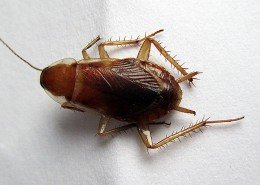
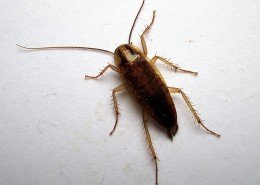
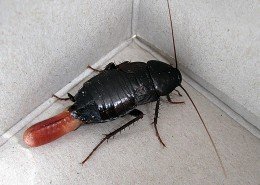
Flies are essentially hygiene and storage pests. They prefer a wide variety of substrates, from fertilizer, faeces, carrion, sewage, all kinds of other decomposing organic materials to meat, sausage, cheese, lemonade, fruit and other fresh foods. These are usually ingested indiscriminately, transporting various germs and pathogens and transmitting them to humans and animals. In addition, the larvae of various species are considered “waste recyclers” and live primarily on dead plant and animal substances. Open animal feed or uncovered garbage cans are often infested. In the food processing industry, infested food must be completely disposed of, the economic damage is enormous.
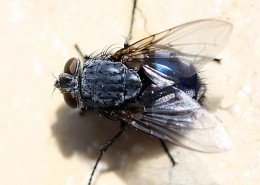
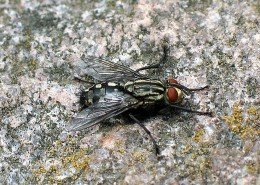
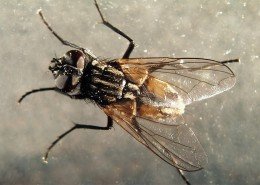
Fleas are one of the most important hygiene pests for both humans and animals. The most common species are the human, dog and cat flea. Due to their changing hosts, they can transmit almost all diseases, from various worm diseases to serious infectious diseases. Fleas are about 2-4 mm long, dark brown to black in color, have a laterally compressed body and strong jumping legs. Up to 450 eggs are laid in the vicinity of the host in about 3 months. The generation period is 4-6 weeks. Fleas can starve for weeks. Their breeding grounds are mainly dust and accumulations of sweepings etc. in cracks, joints, corners etc., in the case of fleas from animals usually their sleeping places. The larvae feed on the feces of adult fleas and organic particles. An area treatment is necessary at the breeding sites. For the treatment of humans and animals, it is strongly advised to consult a doctor or veterinarian!
Insects that cause no harm but are unpleasant or even annoying to humans due to their presence are referred to as pests.
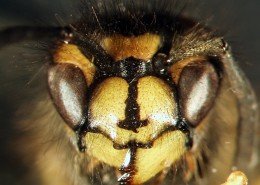
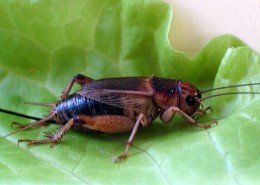
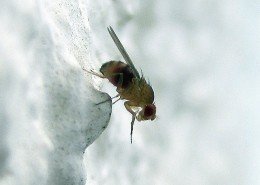
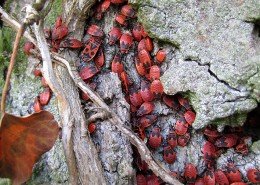
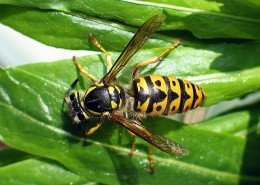
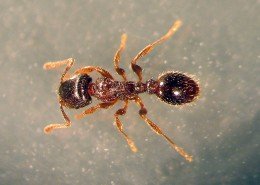
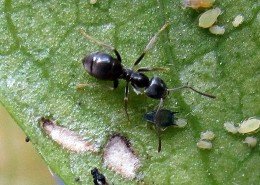
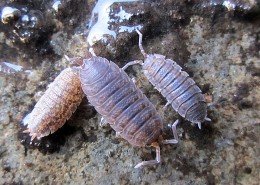
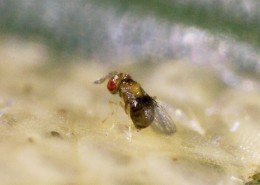
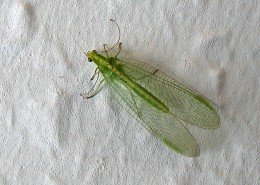
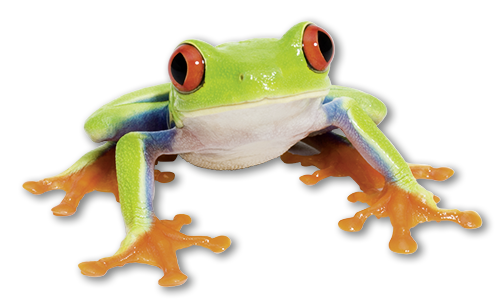



To optimize our website for you and to continuously improve it, we use cookies. We also use it to measure results or to customize the content of our website. Because we value your privacy, we hereby request your permission to use the following technologies. You can change/revoke your consent at any time later by clicking on the button (lock icon) in the bottom left corner of the page. By confirming the “Accept” button, you consent to the use. You can use the “Settings” button to select which cookies you want to allow. Further information can be found in our Privacy Policy.
We may request cookies to be set on your device. We use cookies to let us know when you visit our websites, how you interact with us, improve your user experience and customize your relationship with our website.
Click on the different category headings to find out more. You can also change some of your preferences. Note that blocking some types of cookies may impact your experience on our websites and the services we are able to offer.
These cookies are strictly necessary to provide you with services available through our website and to use some of its features.
Because these cookies are strictly necessary to deliver the website, refuse them will affect how our website functions. You can block or delete cookies at any time by changing your browser settings and force blocking all cookies on this website. However, you will always be asked to accept/refuse cookies when you visit our website again.
We fully respect if you want to refuse cookies, but to avoid being asked again and again, please allow us to store a cookie for you. You can opt out or allow other cookies at any time for a better experience. If you reject cookies, all cookies set in our domain will be removed.
We will provide you with a list of the cookies stored on your computer in our domain so that you can check what we have stored. For security reasons, we cannot display or change cookies from other domains. You can check this in the security settings of your browser.
.We also use various external services such as Google Webfonts, Google Maps and external video providers. As these providers may collect personal data such as your IP address, you can block them here. Please note that this may significantly affect the functionality and appearance of our website. Changes will take effect as soon as you reload the page.
Google web font settings:
Google Maps settings:
Google reCaptcha settings:
Vimeo and Youtube video embeds:
You can read about our cookies and privacy settings in detail in our privacy policy.
Data protection